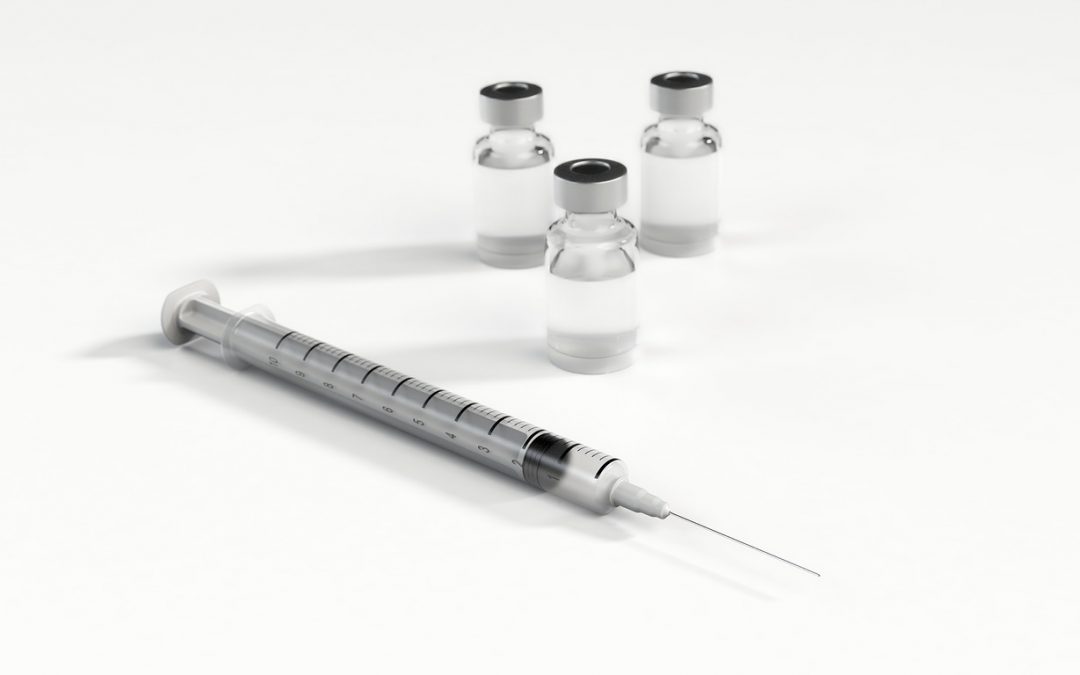Immunization is a simple and effective way of protecting children and adults against infectious diseases. It also helps reduce the spread of disease to others.
What are Vaccines?
Vaccines are made from tiny amounts of weakened or dead germs. This amount is not enough to give you the actual disease but is enough to cause your immune system to develop ‘soldiers’ (antibodies) that can recognize and attack the disease-causing germs whenever you are exposed to them again.
They are usually given as injections (shots) or taken by mouth.
Sometimes a vaccine does not completely prevent the disease, but it makes it less severe if you come down with the disease.
Why you should immunize your child
- Immunizations protect you and your child from infectious diseases.
- They help reduce the spread of disease to others.
- Getting immunized costs much less than the treatment of the disease when it is acquired.
- When immunization rates are high for a disease, even those who are not vaccinated are protected from the disease due to herd immunity.
Are vaccines safe?
Today, vaccines are regarded as very safe and important to your child’s health. False claims in the news have made some parents concerned about a link between autism and certain vaccines. A wide range of scientific investigations have been conducted and have found NO ASSOCIATION between autism and vaccines.
RECOMMENDED IMMUNIZATIONS
Key immunizations your child should receive
Immunizations begin right after birth and many are given through the first 2 years of life. Subsequently, booster shots (repeat doses of vaccines already received) occur throughout life. Older children, teenagers, and adults should get vaccines too!
Below is a table of the vaccines your child should receive with their timelines as recommended by the Pediatric Association of Nigeria:
| Age | Vaccine |
| Birth | BCG, OPV-0, Hepatitis B |
| 6 weeks | OPV-1, Penta -1(DTP +Hib+ Hep B),Rota-1, PCV 13-1 |
| 10 weeks | OPV-2, Rota-2 |
| 14 weeks | OPV-3, Penta-2 , PCV13-2 |
| 6 months | Penta-3, PCV13-3, Vitamin A-1 |
| 9 months | Measles, Yellow fever |
| 12-15 months | OPV, DTP (booster), Vitamin A -2MCV |
| 18 months | Hepatitis A, MMR+Varricella |
| 2 years | Typhoid vaccine |
| 4-6 years | OPV, DTap, MMR |
| 10-14 years | Tdap, Yellow fever, HPV |
| >15 years | 5 dose TT schedule (females only) |
Childhood Vaccine Precautions
If your child has a moderate or severe illness on the day a vaccine is scheduled, it should be delayed until the child feels better, however, do not skip a scheduled vaccine if he or she has a cold or minor ailment. Talk to your doctor if you have concerns about the timing of the immunization.
Sometimes minor side effects may occur with some vaccines and these include, slight fever, redness, mild swelling, or soreness at the site where the shot was given, crankiness, or a poor appetite. There may also be a mild rash 7-14 days after chickenpox or MMR shots.
Paracetamol or Ibuprofen is given around the time of the vaccination usually helps to prevent or reduce these side-effects. However, if your child has an unusual reaction, you should call your doctor.
Keep the records
It is important that you keep accurate records of your child’s vaccinations. Proof of childhood immunization is also required for school entry and travel purposes.
For more information about our practice or to receive answers to your questions, you can reach us on our hospital’s hotline at 0817884 2163 or 0700pediatrics. There is also more information available on our website at www.pediatricpartnersng.com




Recent Comments